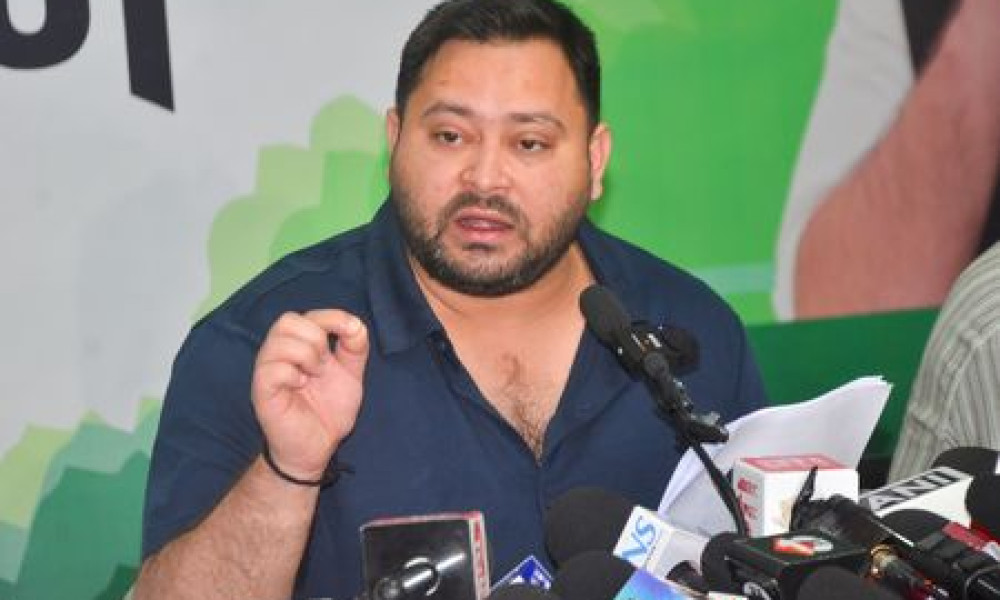RJD leader Tejashwi Yadav has launched a scathing attack on the Election Commission of India, alleging widespread irregularities in Bihar’s voter rolls. The former Deputy Chief Minister claims his party has evidence of discrepancies and plans to present it in court. His statements come amid a heated controversy over accusations that he holds dual voter ID cards.
Yadav didn’t hold back when speaking to reporters. “A response will be given,” he stated firmly. “Many names are missing from the voter list, and we have several irregularities by the Election Commission with us.” The leader emphasized these weren’t small errors but serious issues needing attention.
The controversy deepened when the Election Commission issued Yadav a notice. They asked for clarification regarding his claim about a deleted voter ID, even as they maintain his name appears in draft rolls. The BJP has seized on this opportunity, calling dual voter cards a criminal offense and demanding action against the RJD leader.
But Yadav remains focused on what he calls systemic problems. “We have demanded booth-wise data because many names have been deliberately excluded,” he explained. He gave specific examples, mentioning missing names and cases where dozens of voters were removed from single addresses.
Political activities have taken a brief pause following the death of veteran leader Shibu Soren. Yadav confirmed postponing the RJD’s “Vote Adhikar Yatra” to pay respects. “There has been a schedule change,” he noted, adding that new dates would come soon.
Yadav spoke emotionally about Soren’s legacy. The Jharkhand leader’s passing marks the end of an era for tribal rights advocacy and regional politics. “Shibu Soren ji fought for the poor and underprivileged,” Yadav reflected. He highlighted Soren’s long alliance with the RJD and the loss his death represents for national politics.
As Yadav travels to Jharkhand for Soren’s last rites, the electoral integrity debate continues brewing. The coming days may see heightened political tensions as parties position themselves around these voter roll allegations. Legal battles could follow, depending on what evidence surfaces regarding the claimed irregularities.
The Election Commission now faces scrutiny from multiple sides. While handling the dual voter card allegation against Yadav, it must also address broader concerns about Bihar’s electoral rolls. How the poll body responds could shape public trust ahead of future elections in the politically crucial state.
Political observers note the timing of these developments as particularly sensitive. With opposition parties increasingly vocal about electoral processes, the debate over voter integrity shows no signs of quieting soon. All eyes remain on whether Yadav’s promised evidence will materialize and what legal or administrative consequences may follow.

